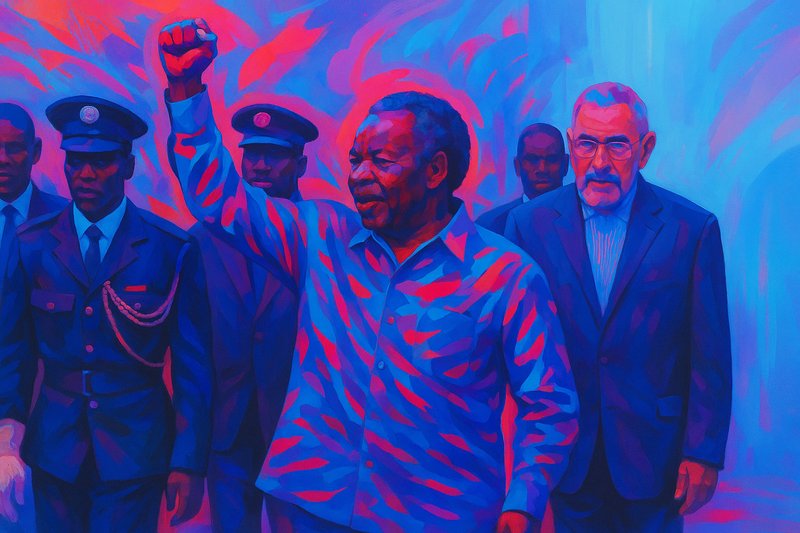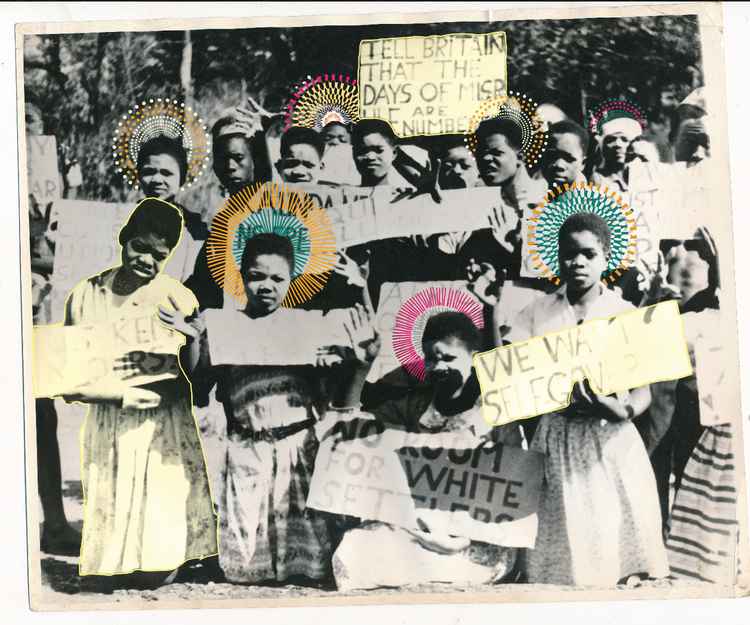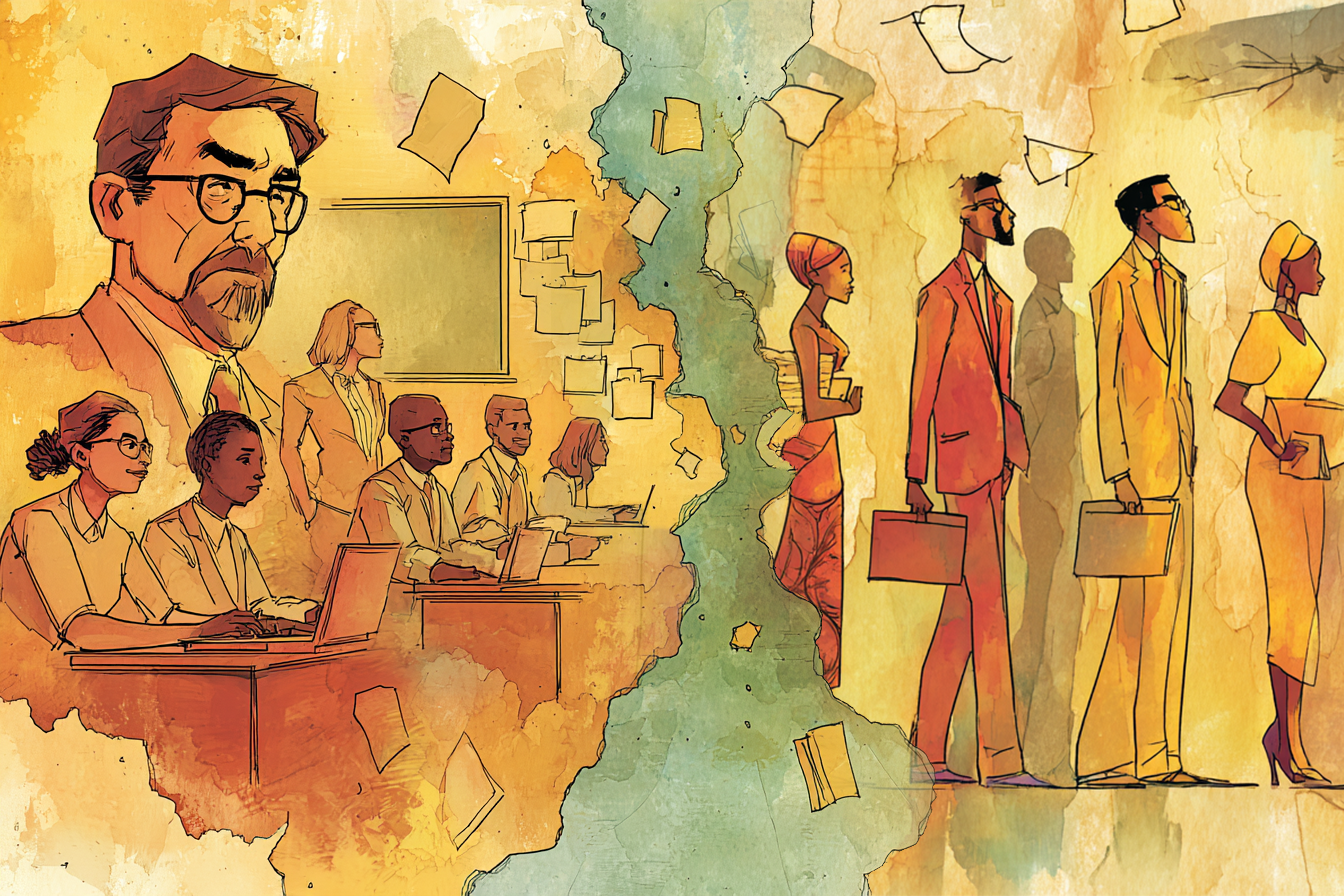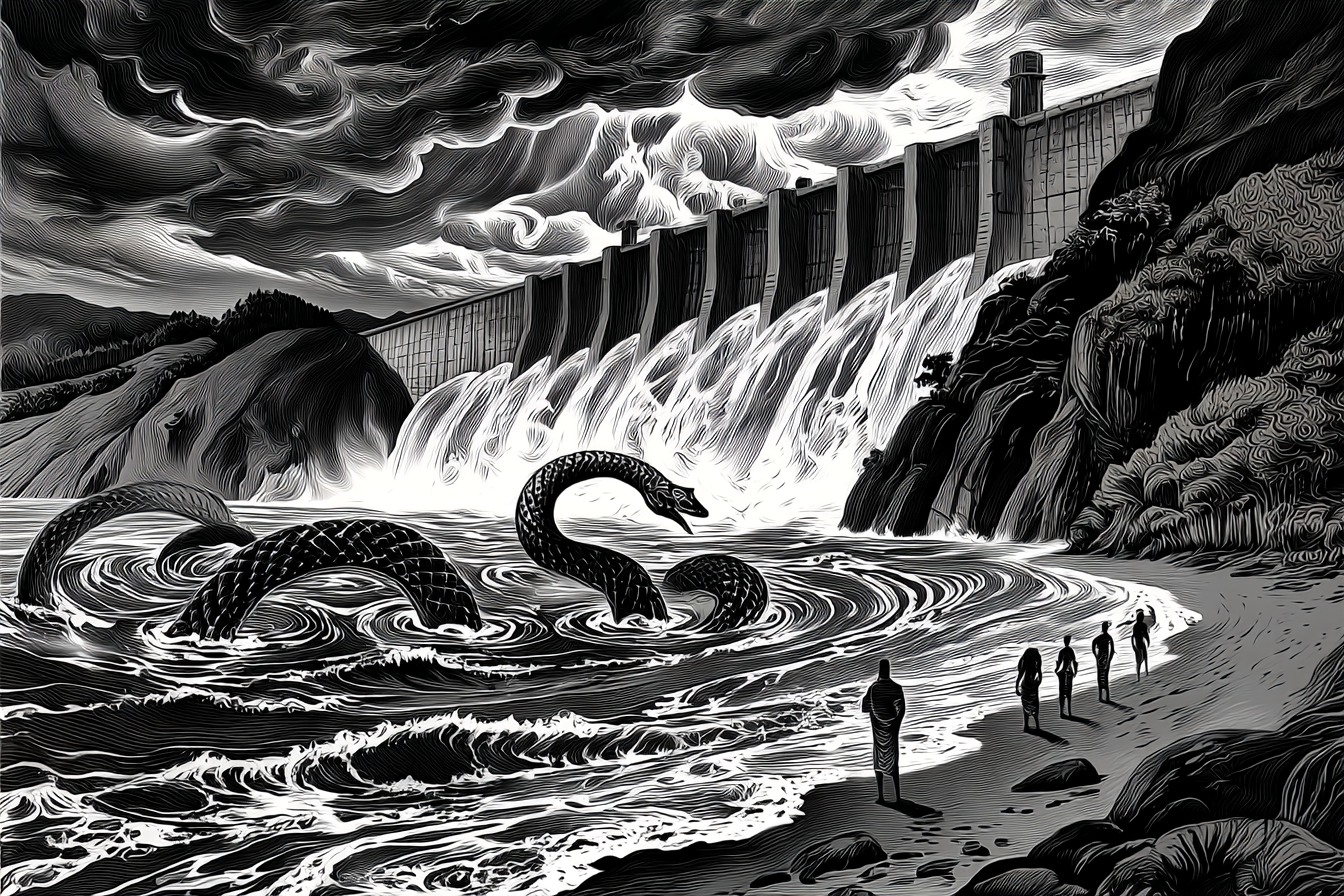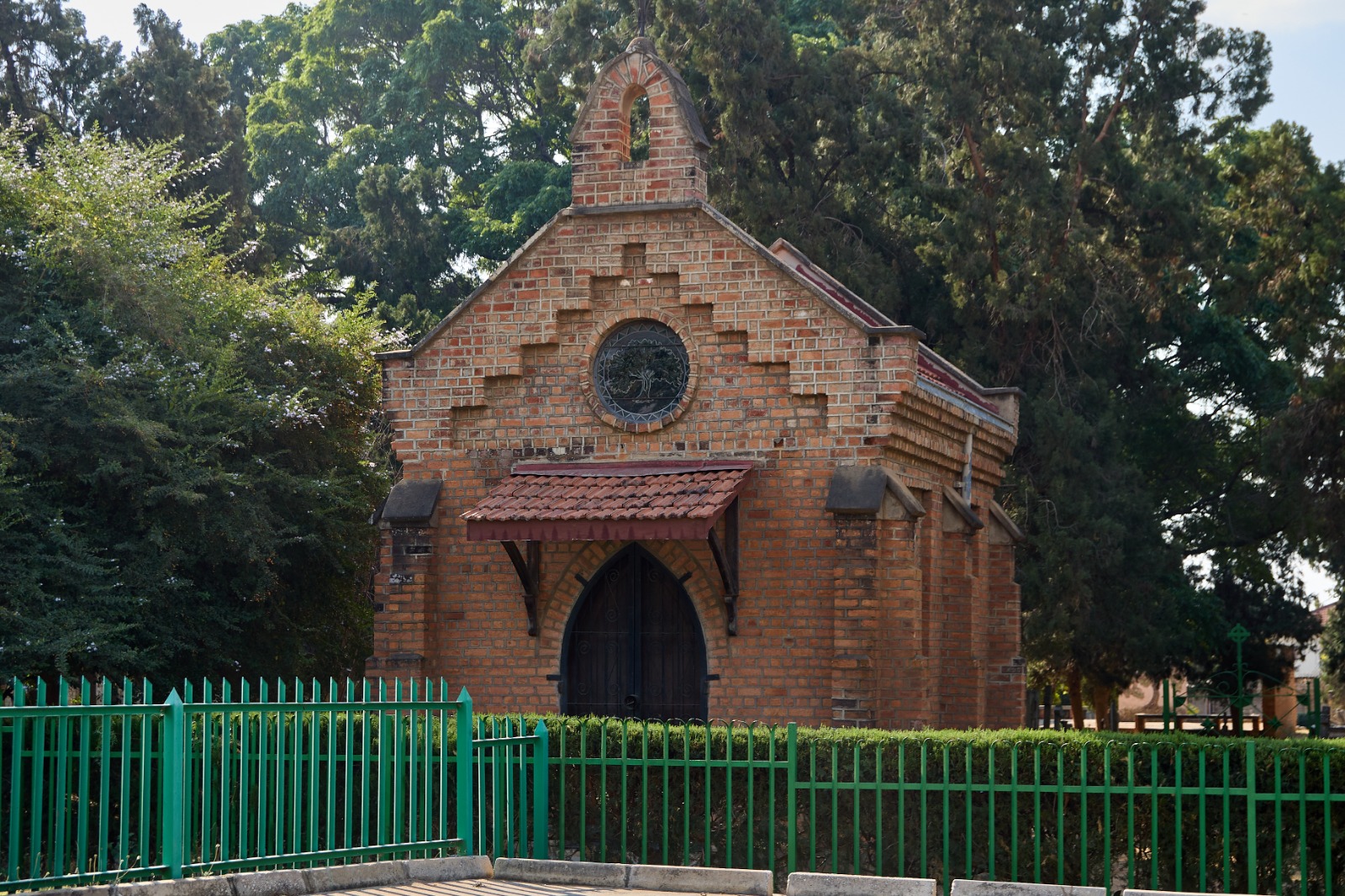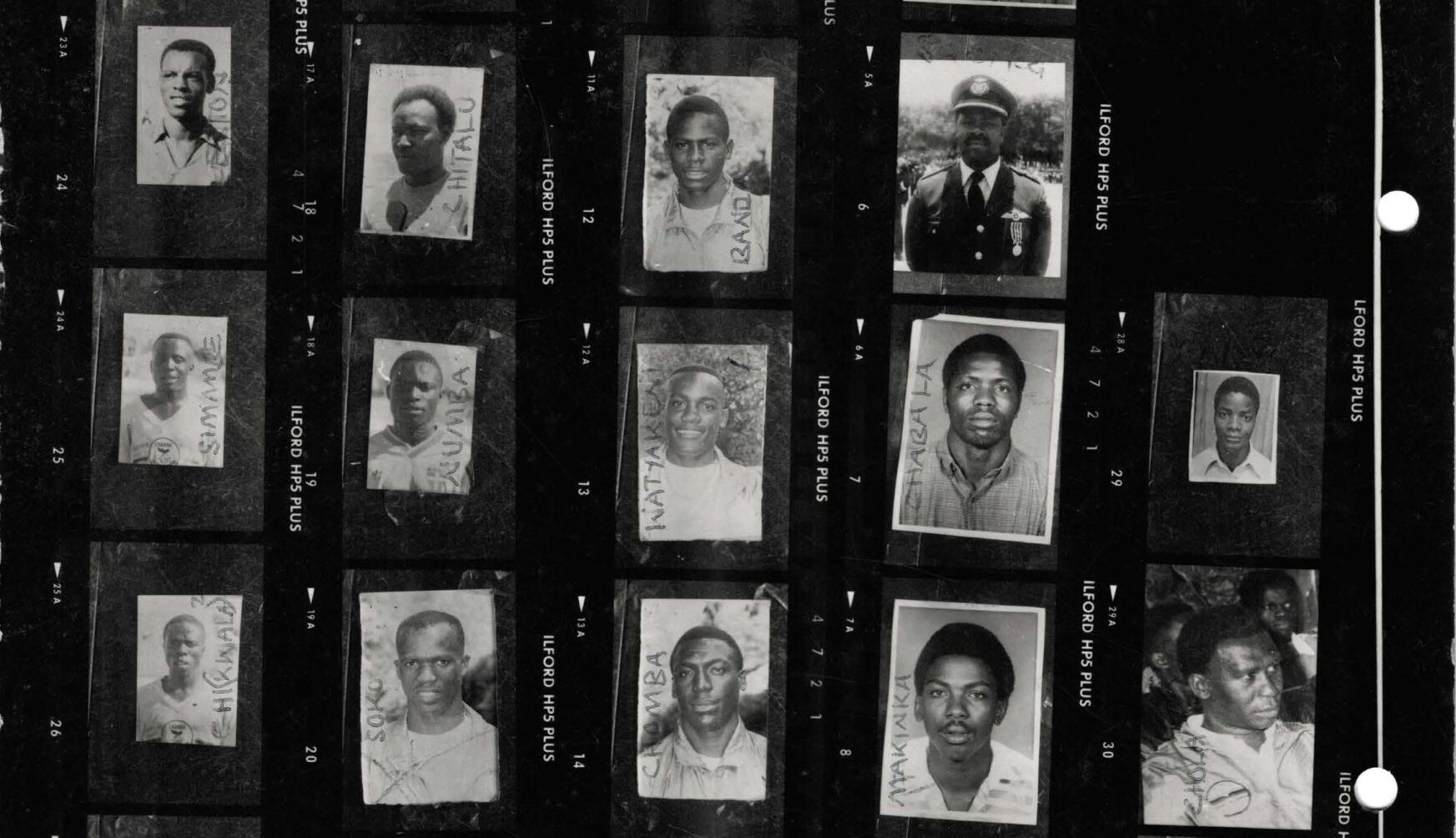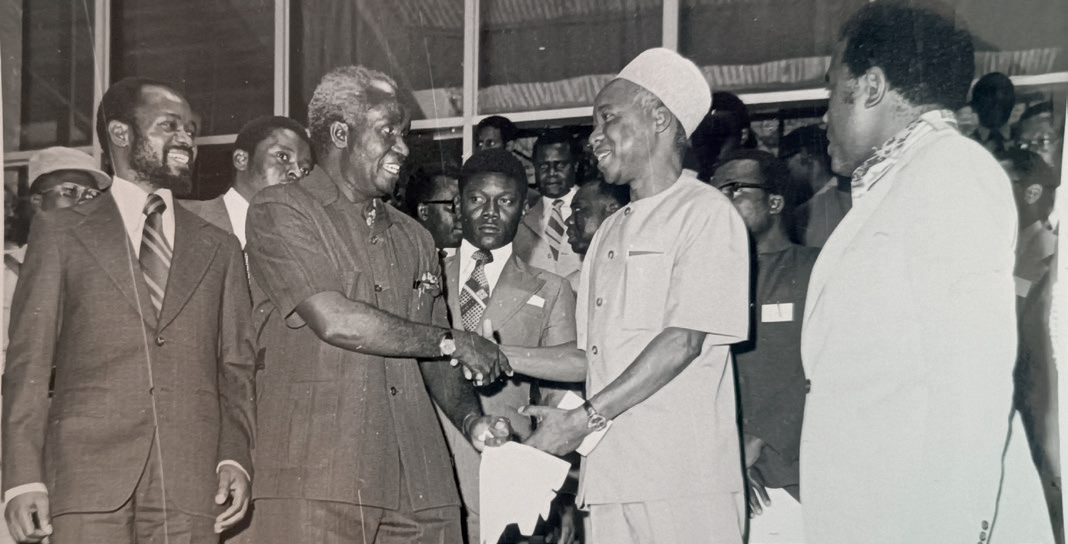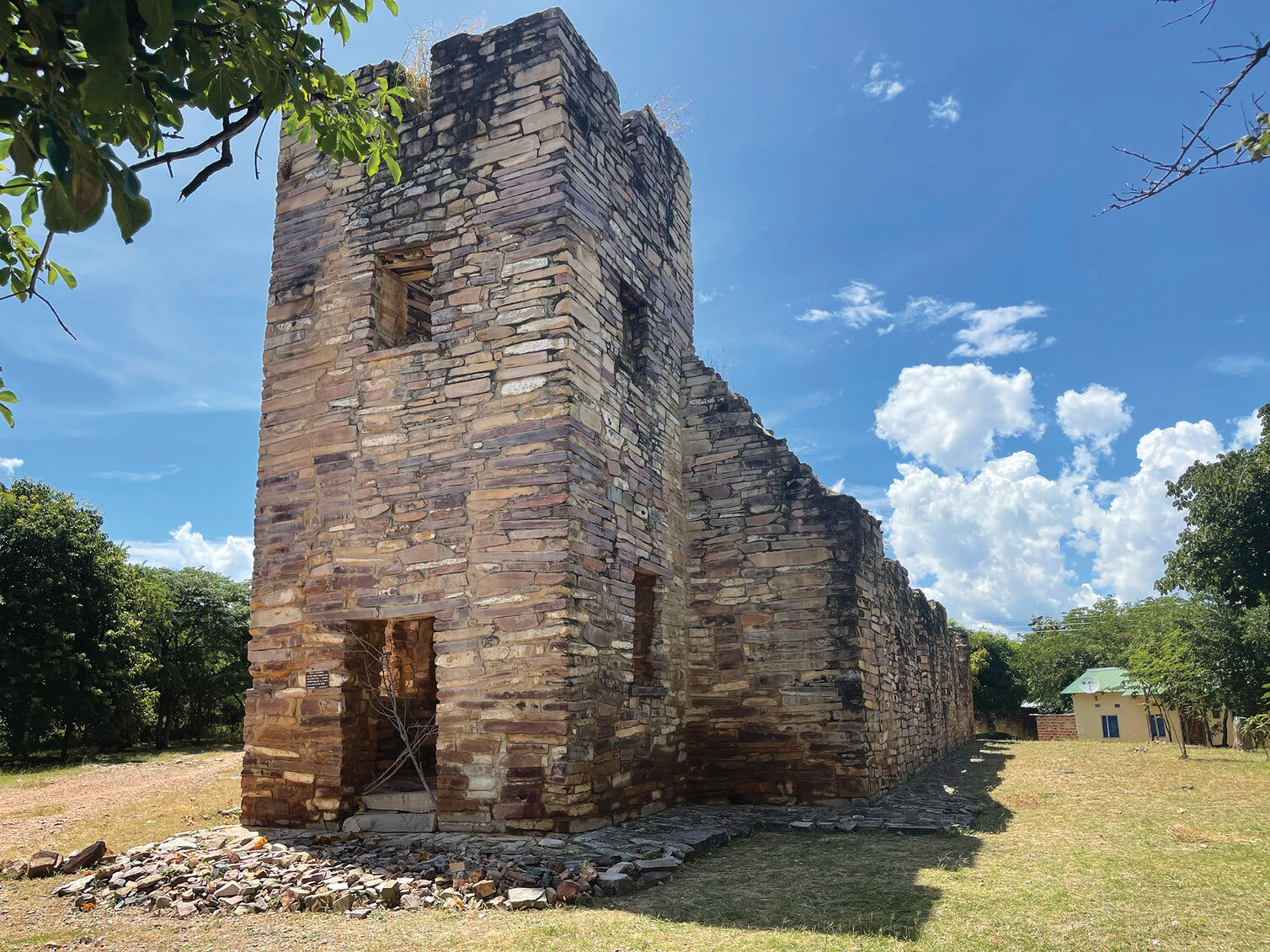This is where our story begins: six men would inherit the Zambian nation in the coming decades. One would lead the country to its independence, another, a trade unionist, would jail his predecessor, while a "King Cobra" would roar for the poor.
Each president would leave fingerprints on Zambia’s destiny: some gleaming with infrastructure triumphs, all marked by the African sun. Let us cross six presidential thresholds, from Kenneth Kaunda leading us to independence to Edgar Lungu’s contested twilight.
Kenneth Kaunda
Born on April 28, 1924, at Lubwa Mission in Chinsali, Kenneth David Kaunda was destined to become one of Africa's most prominent leaders. A teacher turned liberation hero led the country to independence from British colonial rule and served for 27 years (1964-1991). He established Zambia as a sovereign nation, implementing the philosophy of Humanism as a national ideology, and achieved regional anti-apartheid advocacy in supporting liberation movements across Southern Africa.
He died at the age of 97 from pneumonia on 17 June 2021. He will forever remain Zambia’s founding father.
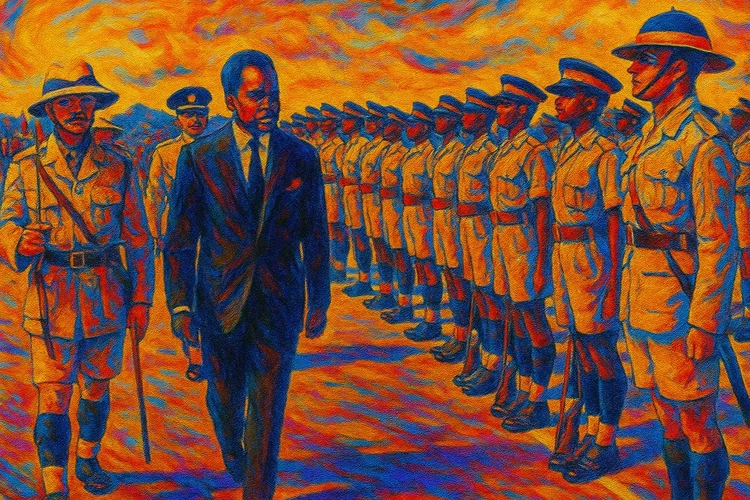
Frederick Chiluba
Frederick Titus Jacob Chiluba was born on April 30, 1943, and rose from humble beginnings to become a prominent trade union leader before becoming Zambia’s first democratically elected president, marking Zambia’s transition to multiparty democracy restoration after defeating Kenneth Kaunda in the 1991 elections (He ruled from 1991-2002). He introduced economic liberalisation policies, and privatising state-owned enterprises. He also restored press freedom and civil liberties that had been restricted under the previous regime.
He died at the age of 68 from heart failure on 18 June 2011. He is remembered as Zambia’s democratic torchbearer.
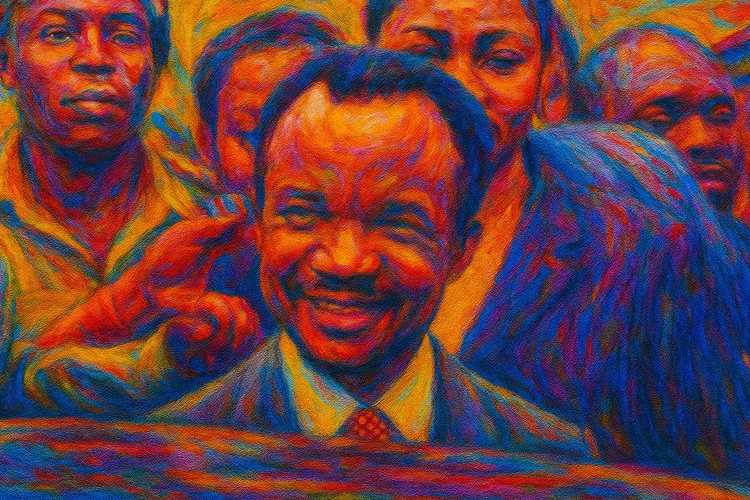
Levy Mwanawasa
Born on September 3, 1948, in Mufulira, Levy Patrick Mwanawasa was a successful lawyer and businessman before entering politics. He ruled from 2002 to 2008 and is remembered as Zambia's most principled leader, earning widespread respect for his anti-corruption stance. His major achievements included launching an aggressive anti-corruption campaign, prosecuting high-profile officials and restoring Zambia's international credibility. He promoted good governance, transparency, and accountability in public service. Under his leadership, Zambia achieved significant economic growth and debt relief under the Heavily Indebted Poor Countries (HIPC) initiative.
He tragically died on August 19, 2008, at the age of 59 in a French military hospital due to complications from a stroke he suffered in June 2008. He endures as Zambia’s integrity icon.
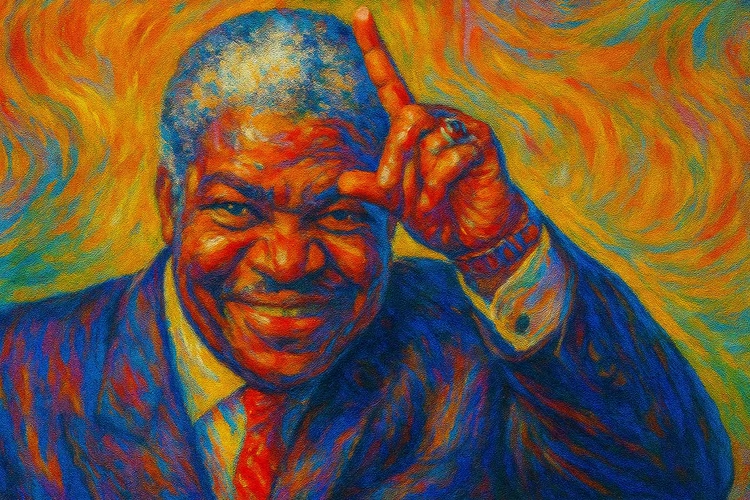
Rupiah Banda
Born on February 13, 1937, in Gwanda (now Zimbabwe), Rupiah Bwezani Banda was a career diplomat and businessman who served in various government positions before assuming the presidency following Mwanawasa's death and then winning the 2008 by-election (he ruled from 2008-2011). He achieved agricultural revitalisation and strengthened China-Zambia infrastructure partnerships.
He died on March 11, 2022, at the age of 85 from colon cancer. He stands as Zambia’s pragmatic consensus builder.
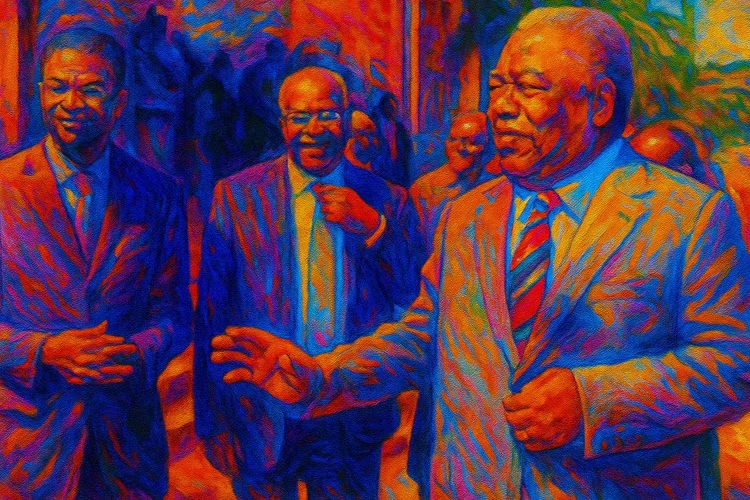
Michael Sata
Born on July 6, 1937, Michael Chilifya Sata, known as "King Cobra" for his fiery political rhetoric, won the presidency in 2011 after several unsuccessful attempts (He ruled from 2011-2014). His major achievements included launching major infrastructure development projects, particularly road construction and urban development initiatives. He introduced the minimum wage policy for workers and focused on improving conditions for ordinary Zambians.
He died on October 28, 2014, at the age of 77 in London, reportedly from an undisclosed illness. He remains etched in memory as Zambia’s champion of the marginalised.
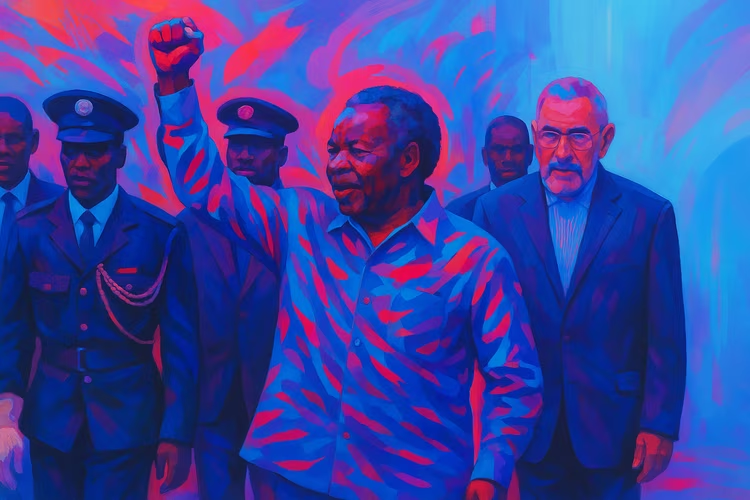
Edgar Lungu
Born on November 11, 1956 in Ndola, Edgar Chagwa Lungu was a lawyer and politician who served as Minister of Justice and Defence Minister before becoming president in 2015 till 2021. His achievements included continuing infrastructure development programs initiated by his predecessor, promoting youth empowerment initiatives, and maintaining political stability during challenging economic times.
He died on June 5, 2025, at the age of 68, though the specific cause of death has not been publicly disclosed. His legacy continues as Zambia's polarising moderniser.
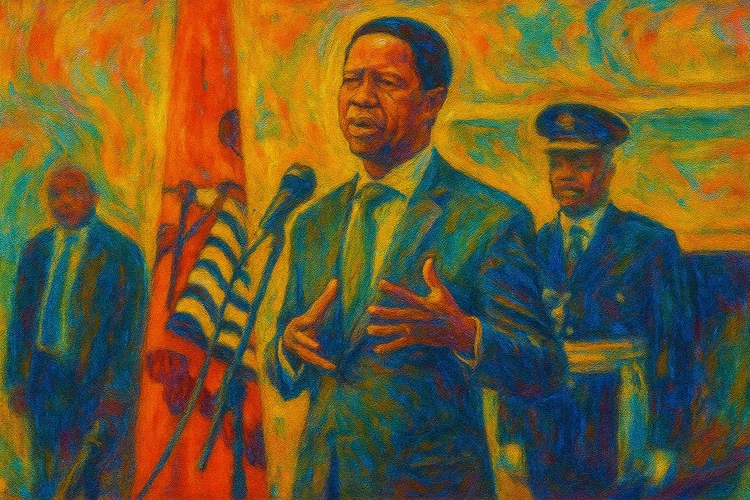
These leaders collectively shaped Zambia’s trajectory, from Kaunda's role as the founding father to the democratic transitions overseen by his successors. Their combined legacy reflects the achievements of nation-building in post-colonial Africa. While their presidencies were marked by different priorities and challenges, each played a crucial role in shaping modern Zambia and its place in the regional and international community.
